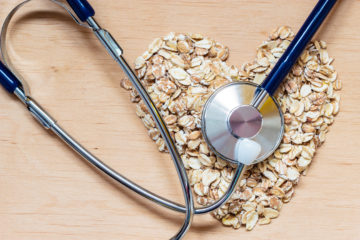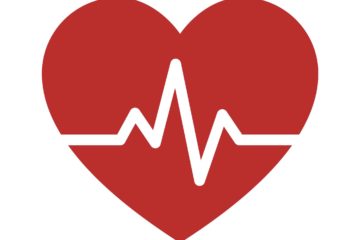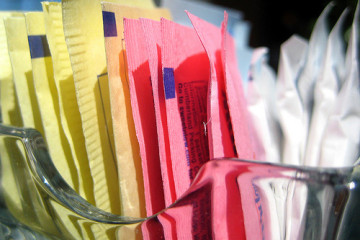

Dr. Debra Judelson is a cardiologist and a scientific advisor to the Calorie Control Council. We caught up with the doctor to discuss the importance of physical activity for heart health. I hear more and more people talking about exercise being important but I’m afraid I’m not healthy...
Read More
Some people may not realize that heart attacks are a leading cause of death in women. With that in mind, the Calorie Control Council caught up with registered dietitian Robyn Flipse, scientific advisor to the Council, to discuss this important issue and specifically the Go Red for Women campaign which raises awareness...
Read More
Most of us have heard we need to add more fiber in our diet. But did you know fiber can help build healthier hearts? Three of fiber’s properties are at the core of heart health: solubility, viscosity and fermentability. Solubility The ability of fiber molecules to dissolve in water is...
Read More
Most of us know what we’re supposed to do to live a healthy lifestyle. Recommendations include eating well, being physically active, reducing stress and getting enough sleep. But, we all know that is easier said than done. While cardiovascular disease remains the leading cause of death for both men and...
Read More
Some Changes Reported in Lipoprotein Concentrations but More Research is Needed Evidence from observational studies suggests that there is a positive association between added sugar intake and risk of cardiovascular disease (CVD).1-3 To help minimize this risk, 100% fruit juice and low- and no-calorie sweetened beverages (LCSB) are commonly-used alternatives...
Read More
By Keith Ayoob, EdD As a clinician of some 30+ years, I doubt I’ve seen a nutrition issue more polarizing than that of low-and no- calorie sweeteners (LNCS). You may have read sensational headlines about these sweeteners. You should also be hearing about their benefits, but alas, good news never...
Read More